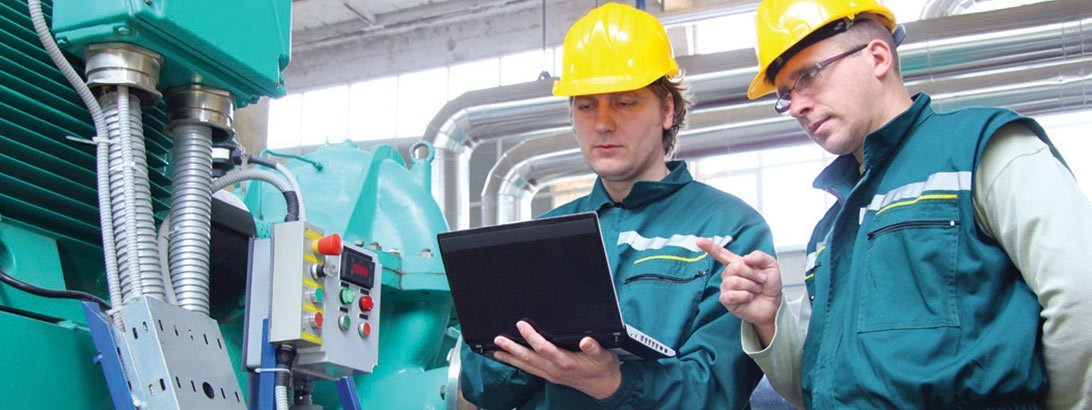Good Evening Mayor McMullan, City Councillors, and members of city staff. My name is Walter Sendzik and I am the CEO of the Greater Niagara Chamber of Commerce. I am joined here tonight by Kithio Mwanzia, our Director of Policy and Government Relations and in the gallery by our Policy Analyst, Graham Lowe.
On behalf of the Chamber, I would like to thank you for the opportunity to comment on the City’s manufacturing report.
The Greater Niagara Chamber of Commerce is a member driven organization with over 1,500 members representing more than 45,000 employees. We are the largest business organization in Niagara and third largest Chamber in Ontario.
Tonight, we are speaking on behalf of our more than 200 manufacturing members – many of whom are located here in St. Catharines. We understand the importance of manufacturing and its role in driving innovation, research and technology – as well as its generation of wealth. In both wages and tax revenue, manufacturing has a tremendous impact on our communities, generating 7 indirect jobs for every 1 direct job in manufacturing.
A strong manufacturing sector equals a robust economy and prosperous communities.
And the reality is – communities across North America understand the importance of manufacturing as well.
We have to look no further than New York State to see how competitive the marketplace has become to attract and retain manufacturing-based companies.
New York State has launched an aggressive campaign to attract Canadian companies by offering low energy rates, no property taxes, labour subsidy programs – and these are just a few of the incentives offered.
Communities like Buffalo and Erie County have plans in place that are focused on strengthening their manufacturing footprint – and they are winning the fight as a result.
As a Chamber, we have been active in supporting Niagara’s manufacturing sector. For example we have:
- Released a policy paper that seeks to leverage the industry’s bi-national and inter-provincial export capacity;
- Advocated for federal and provincial regulatory reform and bi-national regulatory alignment to increase trade capacity;
- Engaged with the Canadian Consul General in New York and U.S. Consul General in Toronto to open new market opportunities;
- Supported lower energy rates for industrial users;
- Organized networking events to connect manufacturers with new opportunities in oil and gas, renewable energy and mining;
- Introduced an awards program for the manufacturing industry;
- Created JobRoute Niagara – a program that engages grade 7 & 8 students about future growth industries and job focus areas in Niagara – including advanced manufacturing;
- Released the Blueprint for Economic Growth and Prosperity: Launching A Report Card for Niagara, which sets in place a practical mechanism to measure Niagara’s abilities to support business – including manufacturing;
And most recently,
- Launched the Niagara Exporters Council – a business council intended to provide local manufacturers with the knowledge, tools and resources required to better leverage bi-national, inter-provincial and international export opportunities.
Our Chamber’s objective is to ensure that all available tools are being used – at all levels of government – to support manufacturing companies in our community.
The next five years will be crucial for Niagara.
Some will say that manufacturing in Niagara is in good shape – but those same people fail to see what is happening around us:
- Energex in Welland – closed
- Georgia Pacific in Thorold – idled
- Port Weller Dry Docks in St. Catharines – closed
- DMI in Fort Erie – closed
- Niagara Grain & Feed in West Lincoln – closed
And this is just in the last year… all manufacturing companies – all shuttered.
These are real jobs that have been lost – and while we still have a foundation of manufacturing in Niagara – the footprint is getting smaller.
We applaud St. Catharines Economic Development for putting a report together that focuses on manufacturing. This report should form the foundation of a Niagara manufacturing strategy. Our recommendations tonight are focused on using every tool available to turn the tide on manufacturing in Niagara – and to start the process of bringing jobs back to our local communities.
The Chamber recommends the following be included as part of the strategy on manufacturing in Niagara moving forward:
- That the City of St. Catharines advocate for the development of a regional manufacturing strategy that includes:
- Reducing Regional Industrial Development Charges to the lowest in the province;
- Complete the Regional employment lands strategy, which is currently in development, by the end of 2014;
- Add industrial development to regional and municipal Community Improvement Plan programs;
- Develop a comprehensive marketing strategy that focuses on attracting key emerging markets (energy, oil and gas, mining);
- Reduce industrial tax ratios to the lowest in Ontario.
- That the City of St. Catharines advocate for the development of a regional manufacturing strategy that includes:
In addition to a regional manufacturing strategy, the Chamber also recommends that the City immediately strike a working committee to engage General Motors Canada to ensure that its St. Catharines facility is part of the company’s production unit after its current production contract is completed in 2015. Beyond the Mayor, members of council and the city’s economic development office, the committee should include the city’s Federal Member of Parliament and Provincial Member of Parliament, the Greater Niagara Chamber of Commerce, a representative from the Regional economic development office and union representatives.
The loss of GM in St. Catharines will cast a long shadow over the other plant closures that I have mentioned tonight. We must work together as a team to ensure that we can keep GM in our community.
Thank you again for providing the Chamber with the opportunity to speak this evening – I look forward to your questions.



